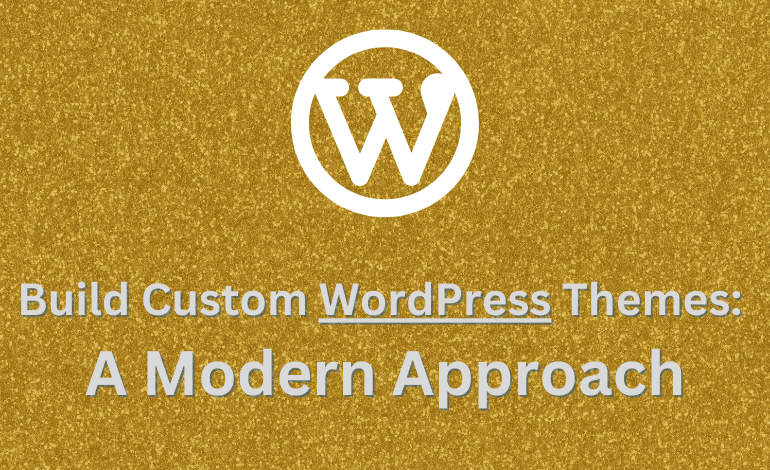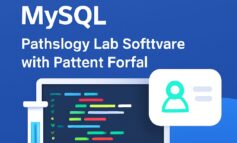The WordPress ecosystem has come a long way since its inception in 2003. What began as a simple blogging platform has now evolved into a versatile content management system (CMS). While WordPress themes power the visual presentation of these websites, the underlying PHP code is what brings these designs to life. As the world of programming has matured, so has the approach to building robust WordPress themes. One such approach is using PHP in tandem with Object-Oriented Programming (OOP) concepts. Let’s delve into how PHP and OOP can elevate your WordPress theme development game.
Why OOP for WordPress Themes?
Traditional procedural PHP can get messy, especially when your theme’s functionality grows. OOP offers a more organized, scalable, and maintainable approach:
- Encapsulation: By bundling the data (attributes) and methods (functions) into objects, you can keep the code modular and secure.
- Inheritance: Avoid code duplication by creating child themes or classes that inherit properties and behaviors from parent classes.
- Polymorphism: Design flexibility gets a boost when you can process different data types or methods through a single interface.
Getting Started with OOP in WordPress Themes
- Understanding Classes and Objects: At the core of OOP lies the concept of classes and objects. A class is a blueprint that defines the structure and behaviors (functions), while an object is an instance of this class. In the context of a WordPress theme, a class could represent a custom post type, like ‘Portfolio’, and each individual portfolio item would be an object.
- Implementing Namespaces: Namespaces in PHP help organize and group classes, interfaces, functions, and constants. This prevents naming collisions in large applications or themes.
- Autoloading: Instead of manually including or requiring files, use PHP’s spl_autoload_register function to automatically load classes when they’re needed.
Building a Simple OOP WordPress Theme
- Define a Class: Start by creating a class for a specific functionality. For instance, a
Headerclass could handle everything related to the website’s header.class Header { private $logo; private $menu; public function __construct($logo, $menu) { $this->logo = $logo; $this->menu = $menu; } public function display() { // Your code to display the header goes here. } } - Create Objects and Use Them: Once your class is ready, create an object and use its methods to display content.
$header = new Header('path_to_logo.png', 'main_menu'); $header->display(); - Extend and Overload for Custom Functionality: As your theme grows, extend base classes to add custom functionalities or overload existing methods to change their behavior.
Advantages of OOP in WordPress Development
- Maintainability: OOP’s modular approach makes the codebase cleaner, making it easier to debug and maintain.
- Scalability: Easily add new functionalities without disturbing existing code.
- Reuse and Recycling: With inheritance, avoid reinventing the wheel and use pre-existing functionalities.
Conclusion
Harnessing the power of PHP and OOP concepts in WordPress theme development offers developers a structured, efficient, and modern approach to building websites. It not only streamlines the process but also ensures the themes are scalable, maintainable, and future-ready. If you’re yet to dive into the OOP world, now’s the time to embrace this paradigm and elevate your WordPress development journey.




Leave a Reply